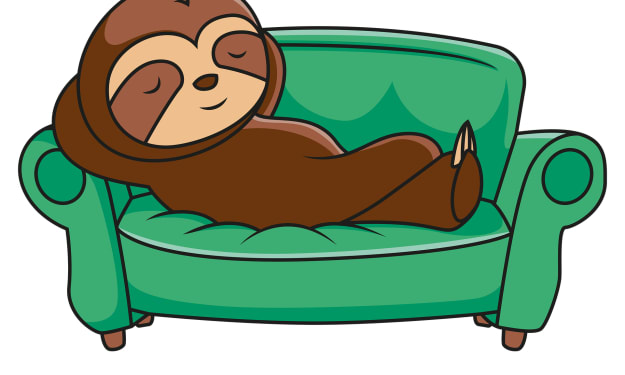
What disturbs you at night? thinking about serious issues? excitement for a lengthy journey? Or is it anxiety over unfinished business or a test that's coming up? or an unwelcome family reunion? Many people only experience this stress briefly because its root cause is easily fixed. But what if worrying about not getting enough sleep was the very thing keeping you up? The most prevalent sleep disorder in the world, insomnia, is caused by this seemingly intractable loop. Almost anything, including a snoring partner, physical discomfort, or emotional distress, can give you the occasional restless night. Additionally, severe sleep deprivation, such as jet lag, can mess with your biological clock and disrupt your sleep schedule.
But sleep deprivation typically only lasts a short while. We're all going to get tired eventually. However, some chronic conditions, including digestive issues, respiratory issues, and many others, can outweigh fatigue. And as the number of restless nights increases, the bedroom may begin to conjure up memories of anxiously restless nights. When it's time for bed, insomniacs are anxious. They are so stressed out that their brains hijack the stress response system, flooding the body with chemicals that cause it to fight, flight, or freeze. Bloodstream-circulating cortisol and adrenocorticotropic hormones jolt the body into hyperarousal by raising heart rate and blood pressure. The brain is constantly scanning for potential threats in this state, making it impossible to ignore any minor discomfort or nocturnal noise.
Additionally, the quality of an insomniac's sleep is compromised when they do finally get some shut eye. Cerebral glucose is the main energy source for our brain, and during sound sleep, our metabolism slows to save this glucose for waking hours. However, according to PET studies, the same adrenaline that keeps insomniacs awake also speeds up their metabolisms. Their bodies are working overtime while they are asleep, depleting the brain's supply of glucose, which provides energy. This insomnia symptom causes insomniacs to wake up feeling exhausted, disoriented, and stressed, which triggers the cycle to repeat itself. Chronic insomnia is labeled when these periods of stress and restlessness last for several months. Even though it rarely results in death, insomnia's chemical mechanisms are related to the anxiety attacks that are experienced by people who are depressed or anxious. Therefore, having one of these ailments raises your risk of developing the other two. Fortunately, there are strategies for ending the vicious cycle of insomnia.
One of the most effective treatments for insomnia is managing the stress that triggers hyperarousal, and good sleep habits can help you reestablish a positive relationship with bedtime. To reduce "threats" during hyperarousal, make sure your bedroom is dark and comfortably cool. Only use your bed for sleeping, and if you find yourself getting restless, get out of the house and spend some time relaxing, such as reading, practicing meditation, or keeping a journal. Set regular sleeping and waking hours to help align your body's biological clock and control your metabolism. Avoid bright lights at night to help your body recognize that it is time to go to bed because this clock, also known as the circadian rhythm, is sensitive to light. In addition to these methods, some doctors also recommend sleeping pills, but not all of these are effective sleep aids. Additionally, over-the-counter sleeping pills have a high potential for addiction, which can worsen withdrawal symptoms. Check to see if you actually have insomnia before seeking any treatment, though.
A lesser-known genetic condition known as delayed sleep phase disorder, or DSPD, affects about 8% of patients who have been diagnosed with chronic insomnia. The circadian rhythm of people with DSPD is significantly longer than 24 hours, which causes their sleeping patterns to be out of sync with conventional sleeping hours. So even though they have trouble falling asleep at a regular bedtime, it's not because they are under more stress. They can also easily sleep on their own delayed schedule if given the chance. For the sake of our physical and mental health, it is crucial to maintain the delicate balance of our sleeping and waking cycles. For all of these reasons, maintaining a consistent bedtime routine is worthwhile—just don't let it keep you up at night.






Comments
There are no comments for this story
Be the first to respond and start the conversation.